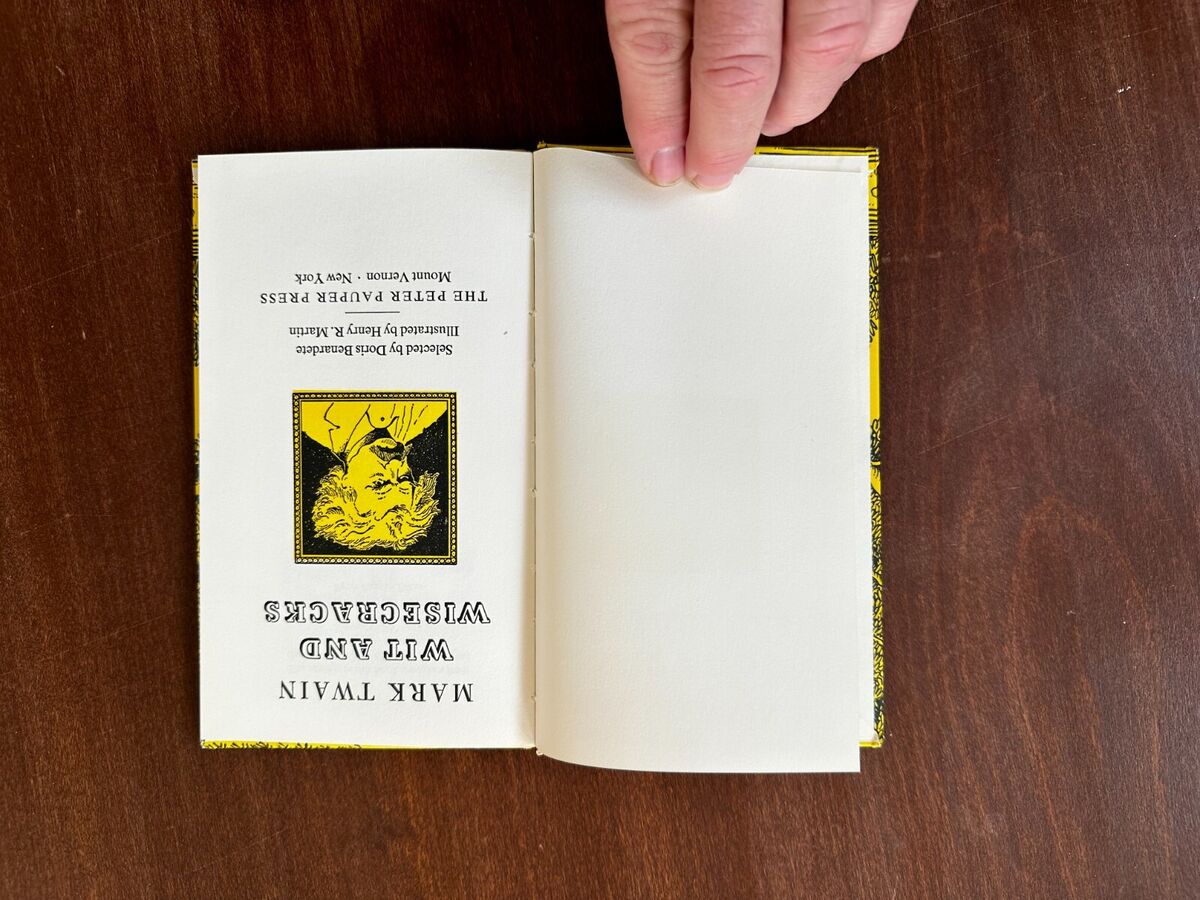
Mark
Twain’s
Wisecracks:
How
Americana
Shaped
Global
Humor
Mark
Twain,
born
Samuel
Langhorne
Clemens,
occupies
a
unique
position
in
the
realm
of
satire.
While
many
satirists
of
his
era
drew
on
European
literary
traditions,
Twain
channeled
the
raw
humor
of
the
American
frontier.
From
the
dusty
Mississippi
River
towns
to
bustling
Eastern
cities,
he
captured
the
spirit
of
a
country
wrestling
with
modernity,
all
the
while
shaping
comedic
traditions
that
would
resonate
worldwide.
Twain’s
early
experiences
working
as
a
printer’s
apprentice
and
as
a
steamboat
pilot
fueled
his
wit.
Observing
the
vivid
characters
around
him—riverboat
gamblers,
storytellers,
adventurers—he
gathered
a
repertoire
of
dialects,
tall
tales,
and
offbeat
anecdotes.
These
fed
directly
into
works
like
The
Adventures
of
Tom
Sawyer
and
Adventures
of
Huckleberry
Finn,
where
humor
wasn’t
merely
decorative
but
a
lens
through
which
readers
could
confront
slavery,
moral
hypocrisy,
and
other
American
contradictions.
His
satirical
voice,
apparent
in
short
essays
and
lectures,
often
targeted
social
norms.
In
“The
Innocents
Abroad,”
Twain
mocked
the
pretensions
of
European
tourism,
painting
Americans
as
naïve
but
refreshingly
candid.
Simultaneously,
he
lampooned
European
pomposity.
This
dual
critique—poking
fun
at
Americans
and
Europeans
alike—allowed
readers
on
both
continents
to
see
themselves
with
fresh
eyes.
The
comedic
approach
softened
otherwise
pointed
observations
on
cultural
arrogance.
One
hallmark
of
Twain’s
satire
is
his
penchant
for
deadpan
delivery.
He’d
present
absurd
statements
in
the
calm,
matter-of-fact
style
of
a
newspaper
article.
Whether
describing
a
hoax
or
an
outlandish
anecdote,
he
made
audiences
question
what
was
real
and
what
was
fabricated.
This
approach
predated
modern
“fake
news”
satire
by
well
over
a
century,
showcasing
Twain’s
knack
for
blending
plausible
detail
with
comedic
exaggeration.
Yet
Twain
wasn’t
all
fun
and
games.
In
essays
like
“The
War
Prayer,”
he
unleashed
scathing
indictments
of
war
patriotism,
though
he
often
withheld
publication
until
after
his
death,
fearing
backlash.
This
underscores
an
undercurrent
of
moral
seriousness
that
drives
his
comedic
facade.
Twain
believed
that
exposing
folly
could
spur
progress,
but
he
also
understood
the
perils
of
speaking
too
bluntly
in
a
nation
still
forming
its
identity.
His
influence
reached
far
beyond
the
United
States.
European
audiences
admired
his
candor
and
the
vivid
sense
of
place
in
his
storytelling.
Translations
of
his
works
introduced
a
new
style
of
colloquial
humor
to
readers
accustomed
to
more
formal
comedic
traditions.
Twainspeak—peppered
with
idiomatic
expressions
and
sly
understatements—became
a
model
for
comedic
realists
and
local-color
writers
worldwide.
Modern
stand-up
comedians,
satirical
columnists,
and
comedic
novelists
owe
a
debt
to
Twain’s
brand
of
irreverence.
By
humanizing
grand
themes—slavery,
religion,
power
structures—through
everyday
dialogues,
he
proved
that
the
funniest
jokes
might
be
the
ones
that
prick
our
moral
conscience.
Even
his
frequent
cameo
in
quotes
(whether
authentic
or
misattributed)
attests
to
how
culturally
ingrained
his
wit
has
become.
Ultimately,
Twain’s
wisecracks
reflect
a
distinctly
American
optimism:
the
belief
that
by
laughing
at
ourselves,
we
might
refine
our
social
institutions.
His
comedic
heritage
is
a
testament
to
how
local
color—riverboats,
dusty
towns,
drawling
characters—can
transcend
borders
and
speak
to
universal
human
quirks.
In
bridging
the
gap
between
rustic
storytelling
and
high
satire,
Twain
inspired
a
generation
of
humorists
to
see
that
the
best
comedic
truths
often
lie
in
the
humblest
corners
of
reality.
Originally
posted
2004-03-26
18:26:07.
Go to Source
Author: Ingrid Gustafsson
